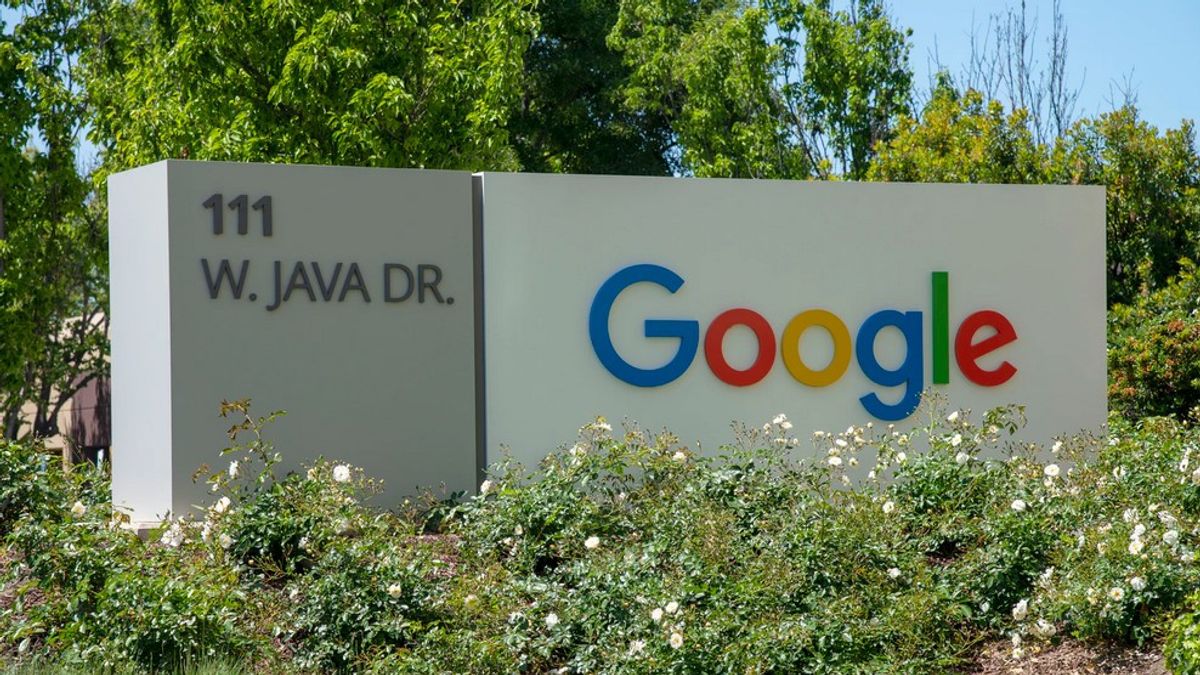JAKARTA - In iOS 14.5, Apple introduced a new feature that promises advanced data security for users. The company calls it data privacy transparency.
Through this feature, users can more freely manage which applications are allowed to track. Every time there is an application or website that wants to scan user data, this feature will display a notification asking for permission for that activity.
According to a Bloomberg report, Google is developing an alternative to Apple's anti-tracking feature. More specifically, this feature serves to limit data collection and tracking activity across platforms.
The appearance of this feature is considered important. Given that smartphone users are now increasingly aware of the importance of data privacy, especially after Apple emphasizes security in its latest operating system.
However, the Android team had to consider input from Google's advertising business. It seems that Google will not be as strict as Apple in implementing these security regulations.
Moreover, Google has revenue from digital advertising of 100 United States (US) dollars each year. In addition, Google also has an interest in helping partners generate revenue through targeted advertising to Android users.
"Together with developers, we are always looking for ways to raise privacy standards while providing a healthy ecosystem of ad-supported applications," a Google spokesperson told Bloomberg, Friday, February 5.
Policies That Are Still ControversialCurrently, Android already has a similar feature. This feature serves to disable personalized advertising. How to activate it can be accessed via the Settings menu, enter the Privacy option, then tap the Ads menu.
It's just that, this feature is more limiting. Unlike Apple, which completely blocks all tracking and cross-platform data collection services. And Apple's move is certainly welcomed by users. Especially those who are starting to realize the importance of maintaining data privacy.
It's just that Apple's move has drawn criticism from ad industry players. Many employers assume that users will reject ad tracking when displayed as a notification. Thus, entrepreneurs who rely on advertising personalization feel disadvantaged.
It can be seen from how Mark responded to the update. Indeed, in the end Facebook is adjusting to this new privacy regulation. As reported a few days ago, Facebook was forced to change its ad personalization settings.
However, while the changes were being made, Mark Zuckerberg also commented. For Mark, this change has the potential to make it difficult for ad industry players and small entrepreneurs to get more users.
So, in the midst of the debate between user comfort and safety and a high-value industry, where will Google place itself?
The English, Chinese, Japanese, Arabic, and French versions are automatically generated by the AI. So there may still be inaccuracies in translating, please always see Indonesian as our main language. (system supported by DigitalSiber.id)













